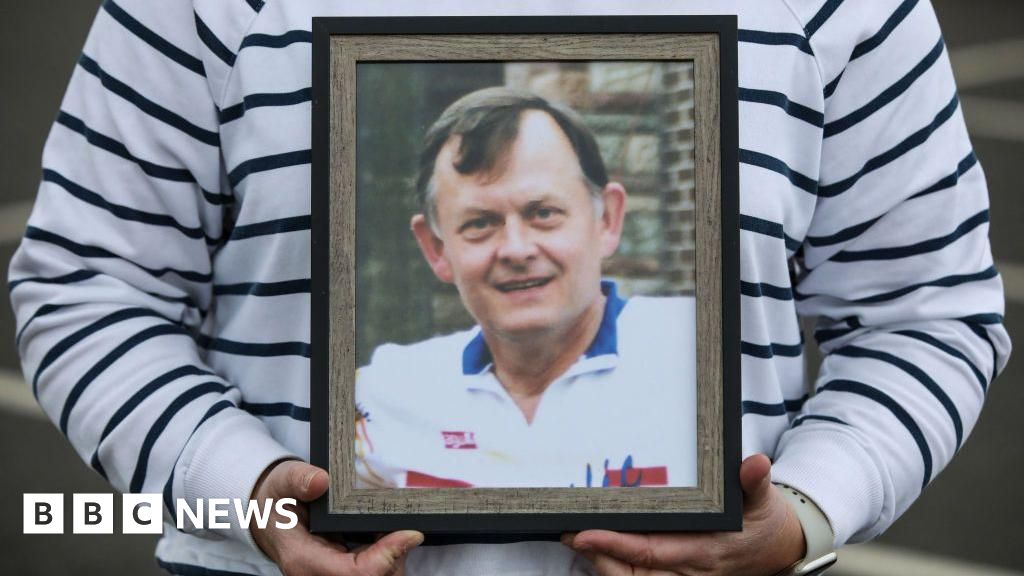The Federal Capital Territory Administration (FCTA) has vowed to address the alarming rate of newborn deaths caused by preventable diseases in the FCT.
The Mandate Secretary for Health Services and Environment Secretariat of the FCTA, Adedolapo Fasawe, disclosed this while commissioning the Newborn Essential Solutions and Technologies (NEST) 360 care equipment donated to Wuse General Hospital, Abuja.
Fasawe highlighted the urgency of the situation, citing the 2023/2024 Nigeria Demographic and Health Survey, which reported over 281,000 newborn deaths annually and a neonatal mortality rate of 41 deaths per 1,000 live births.
The statistics, according to him, place Nigeria among the countries with the highest rates of neonatal mortality worldwide.
Fasawe affirmed that the new equipment would significantly enhance neonatal care and play a crucial role in saving lives.
The advanced equipment donated by NEST360, under a project implemented by APIN Public Health Initiatives, includes three Phoenix Radiant Warmers, seven Oxygen Concentrators, five Pumani Bubble CPAP machines, three Canta Oxygen Flow Splitters, three 3A Aspead Suction Machines, six Bistos Pulse Oximeters, two BiliDX Bilirubinometers, five Phoenix Phototherapy units, two Haemoglobinometers, four Temperature Monitors, three Mindray Syringe Pumps, and two MTTS Lightmeters.
The tools are expected to enhance the management of newborn complications and ensure that every baby receives the best care possible from birth.
Fasawe, who was represented by the acting Director General, FCT Hospital Management Board, Dr. Olugbenga Bello, said: “Inadequate access to life-saving equipment, insufficiently trained healthcare workers, and poorly managed complications continue to claim the lives of our youngest citizens.
“The FCT Health Services and Environment Secretariat prioritize maternal, neonatal, and child healthcare.
“As such, several interventions have been undertaken, including the scale-up of comprehensive and basic emergency obstetric and newborn care across all levels of health delivery, improved quality-of-care activities, provision of free health insurance enrolment for all pregnant women and vulnerable children, and the renovation of maternity and child emergency wards and rooms.
“Therefore, the NEST360 program complements our vision for seamless accessibility to universal and quality care by all residents of the FCT, irrespective of their creed, social standing, or place of residence.
“We are committed to this partnership with NEST360, an innovative global health initiative aimed at improving neonatal care across Africa. NEST360 works to reduce neonatal mortality by equipping hospitals with affordable, high-quality technologies.”
He urged the hospital management to ensure that the NEST360 intervention translates to impact.
Responding to the NEST360 gesture, the Medical Director (MD) of the hospital, Dr. Oluseyi Ashaolu Opeyemi, expressed happiness that the initiative was targeted at newborns.
“Basically, this is targeted towards the total care of the newborn from birth to at least the baby is about 28 days old.
“So, this has equipped us to be able to take on even babies that are very sick, babies that are quite premature, you know, to prevent complications and at the same time treat them.
“Ultimately, the equipment has empowered us, as well as placing us at a vantage position to be able to attend to a critically sick patient which is a good improvement on what we used to have in the past,” Dr Opeyemi stated.
The Country Director for NEST 360, Opeyemi Odedere, said the initiative was meant to collaborate with Federal and State governments to ensure that neonatal mortality is reduced in the country.
According to him, in collaboration with others, including its implementing partner, APIN Public Health Initiatives, the goal is to ensure that essential technologies are provided to all the facilities supported by NEST360 across the country.
Odedere said: “These essential technologies are technologies that are helping to address the key newborn problems.
“These are all essential equipment that are needed to ensure that the comprehensive newborn care needed by newborn babies is adequately provided.”
He emphasized that the intervention goes beyond the donation, as it includes comprehensive training for health workers and technical experts to operate and maintain the equipment effectively.
“We’re not stopping at just making this intervention, we’ll keep a close eye on how the equipment is performing, track progress, and measure the milestones we hit in tackling neonatal mortality with quality care. And we’ll do all this using data to guide us.”
He said NEST360 has trained over 700 clinicians and biomedical engineers across Nigeria, implementing similar interventions in FCT hospitals, including Asokoro, Bwari, and Nyanya, as well as 13 other secondary and tertiary health facilities.
He said NEST360 has established five clinical and technical skills laboratories nationwide.

 1 hour ago
1
1 hour ago
1















 English (US) ·
English (US) ·